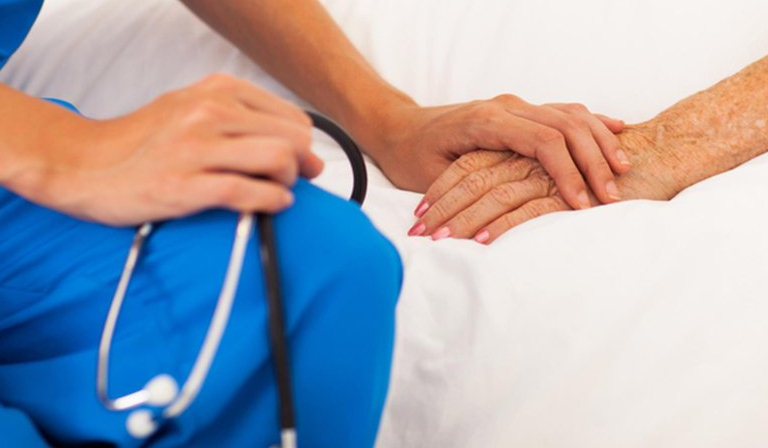What is Liver Biopsy
Apr 19, 2022
A Liver biopsy is a procedure in which a needle is inserted into the liver to collect a sample of liver tissue.Thereafter it is analyzed by specialist pathologists to diagnose and/or stage a variety of disorders of the liver.

When is a Liver biopsy needed?
A liver biopsy is most often done in one of the following scenarios:
- Persistently abnormal liver function tests.
- Unexplained yellowing of the skin ie Jaundice.
- A liver abnormality incidentally found on imaging(USG/CT/MRI)
- Unexplained enlarged liver.
- Determine the severity of a known liver disease ie Staging.
- Determine how well treatment for liver disease is working
- Monitoring after liver transplant
- Ongoing, unexplained fevers
Diseases that may need a Liver Biopsy:
Some common liver diseases for which liver biopsy is commonly performed are:
- Nonalcoholic fatty liver disease
- Chronic hepatitis B or C
- Alcoholic liver disease
- Autoimmune hepatitis
- Primary biliary cirrhosis
- Primary sclerosing cholangitis
- Wilson’s disease
Usually, there are no major complications, however, rarely, bleeding, pain or leak of bile from the liver or gallbladder may occur.
Types of Liver Biopsy :
Liver biopsy is usually done via one of the following three routes:
- Percutaneous – This is done by inserting a thin needle through the abdomen into the liver.It is the most common type.
- Transjugular – This is done by a vein in the neck and is done when patients have blood-clotting problems or fluid in the abdomen.
- Laparoscopic – This is done by a small abdominal incision, usually done if samples are needed from a very specific area of the liver.
How is it a Liver Biopsy performed?
Pre-procedure Preparation
- You should inform your doctor about any pre-existing medical conditions (heart or lung disease), pregnancy, allergies and all the medications you are on. Special precautions are taken if someone is on blood-thinning drugs like aspirin, warfarin, clopidogrel or enoxaparin etc.
Tests will be performed prior to liver biopsies like blood count, platelets, PT(INR) and USG.
During the procedure:
You will have to lie on your back, with r right elbow out to the side and your right hand under your head and be as still as possible during the procedure.
- The doctor will clean and numb an area on your upper abdomen with a local anaesthetic and then make a small incision over the abdomen and insert a needle into the liver to take a small sample of tissue for analysis.
After the procedure:
- You will be kept in observation for up to 6 hours.
- You may feel some minor discomfort or pain and if needed, pain medications will be given to you.
- You should not perform any strenuous physical activity for at least 24 hours post-biopsy.
- The biopsy report usually will arrive after a couple of days and the doctor will discuss the same with you.









